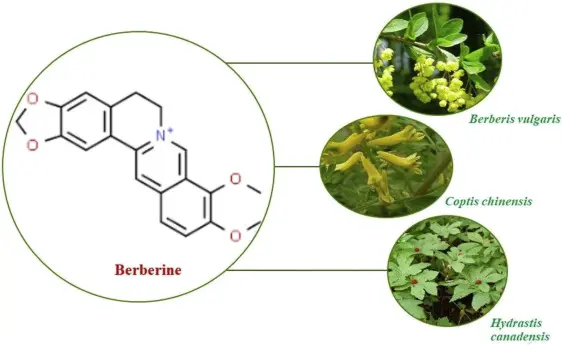
Why Men Should Take CoQ10 and PQQ for Preconception?
Preconception planning is often associated with women,but men play an equally important role in ensuring a healthy start for their future child. A man’s genetic and reproductive health significantly influence conception success and the overall health of the baby. In addition to maintaining a healthy lifestyle,emerging research highlights the importance of Coenzyme Q10 (CoQ10) and Pyrroloquinoline Quinone (PQQ) in improving male fertility. These two nutrients have gained scientific attention for their ability to enhance sperm quality,quantity,and overall reproductive potential. By understanding the benefits of CoQ10 and PQQ,men can take proactive steps toward optimizing their reproductive health.
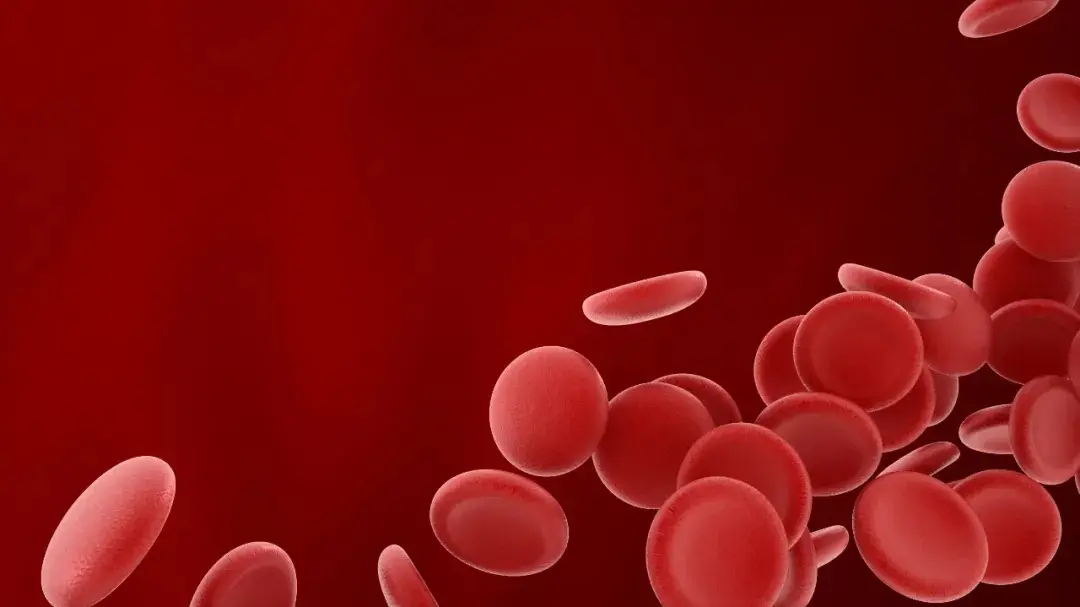
Urolithin A: A Promising Approach to Combat Aging in Hematopoietic Stem Cells
Mitochondrial health is central to cellular energy metabolism and plays a critical role in hematopoietic stem cell (HSC) aging. Recent studies reveal that Urolithin A (UA),a compound derived from polyphenol-rich foods like pomegranates and raspberries,can restore the youthful metabolic state of aged HSCs,offering potential for reversing age-related decline in the hematopoietic and immune systems.
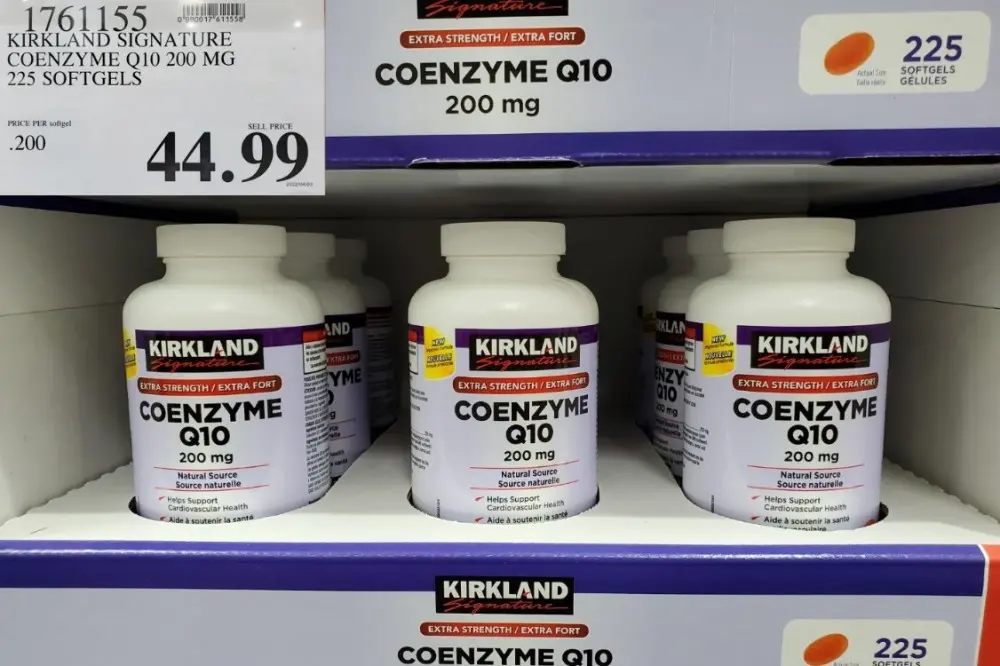
Coenzyme Q10: Unlocking the Benefits of the "Energy Helper"
Coenzyme Q10 (CoQ10) is a naturally occurring compound essential for maintaining cellular energy and protecting cells from damage. Found in every cell of the human body,it plays a particularly vital role in energy-demanding organs such as the heart,liver,and muscles. CoQ10 functions primarily in mitochondria,often referred to as the cell’s "powerhouses," where it facilitates energy production and acts as a potent antioxidant. Despite being naturally synthesized by the body,CoQ10 levels decline with age and chronic illnesses,prompting increased interest in supplementation and its potential health benefits.
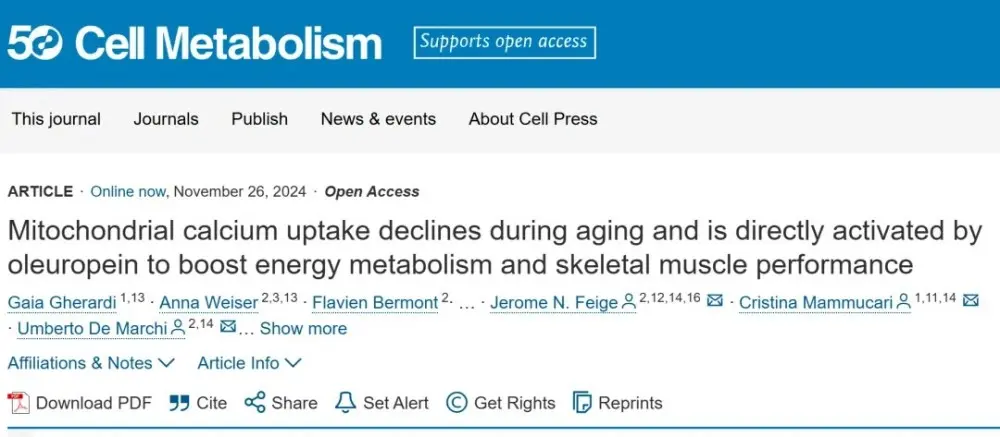
Another Natural Anti-Aging Molecule: Oleuropein’s Market Value to Reach $1.42 Billion!
A new study published in Cell Metabolism on November 26, 2024, reveals the significant health potential of oleuropein, a natural polyphenol derived from olive leaves. The research highlights its ability to stimulate mitochondrial bioenergetics and enhance muscle performance, marking it as a promising anti-aging compound. The growing interest in oleuropein aligns with its rising market value, projected to reach $1.42 billion by 2031.
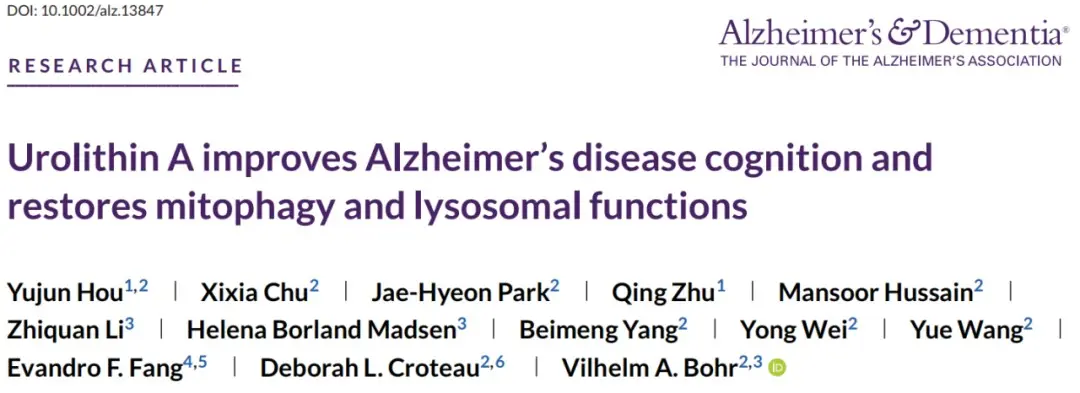
Urolithin A Shows Promise in Treating Alzheimer’s Disease
Recently, the team of Professor Hou Yujun from the School of Life Science and Technology of Tongji University/Tongji University Affiliated Dongfang Hospital published the latest research results, which found that long-term Urolithin A (UA) treatment significantly improved the learning, memory and olfactory functions of AD mice, and reduced Aβ and tau pathology.

Urolithin A: Natural Breakthrough for Longevity
In the pursuit of health and beauty, new discoveries continually reshape our understanding of aging. One such groundbreaking compound is Urolithin A, a natural polyphenol metabolite with vast health benefits and promising applications across supplements, cosmetics, and medicine.

Innovations in Longevity Medicine Highlighted at the 2024 A4M World Congress
From December 13–15, 2024, the American Academy of Anti-Aging Medicine (A4M) hosted its annual World Congress in Las Vegas, gathering over 7,000 global experts to discuss cutting-edge advancements in longevity and functional medicine. This year’s event emphasized breakthroughs in dietary supplements, intravenous (IV) therapies, and personalized healthcare technologies.
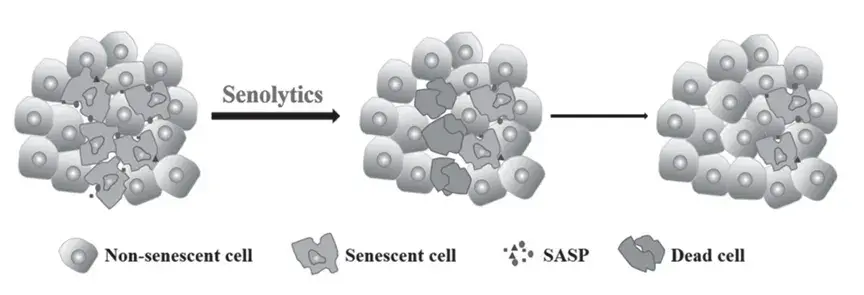
Senolytics: Fisetin, NMN, PQQ, and Other Compounds Revolutionizing Anti-Aging
Background:In 2015, James Kirkland's laboratory at the Mayo Medical Center first discovered that the combination of Dasatinib and Quercetin can selectively induce apoptosis in senescent adipocytes and endothelial cells.

Berberine's Neuroprotective Effects: New Advances in Research
Berberine, a natural isoquinoline alkaloid extracted from Berberis aristata, has been clinically utilized for treating diarrhea. Recent studies reveal its broad neuroprotective properties, offering potential therapeutic solutions for Alzheimer’s disease (AD), depression, anxiety, neurological injuries, Parkinson’s disease (PD), epilepsy, and more.

Discovery of EIF2AK2 as a Direct Key Target for Berberine’s Anti-Inflammatory Effects
A groundbreaking study recently published in Acta Pharmaceutica Sinica B (IF 14.5) uncovers the key mechanism behind berberine's (BBR) anti-inflammatory effects. This research identifies EIF2AK2 (also known as PKR) as a direct and crucial target of BBR, shedding light on how this widely regarded "miracle drug" exerts its therapeutic effects.

